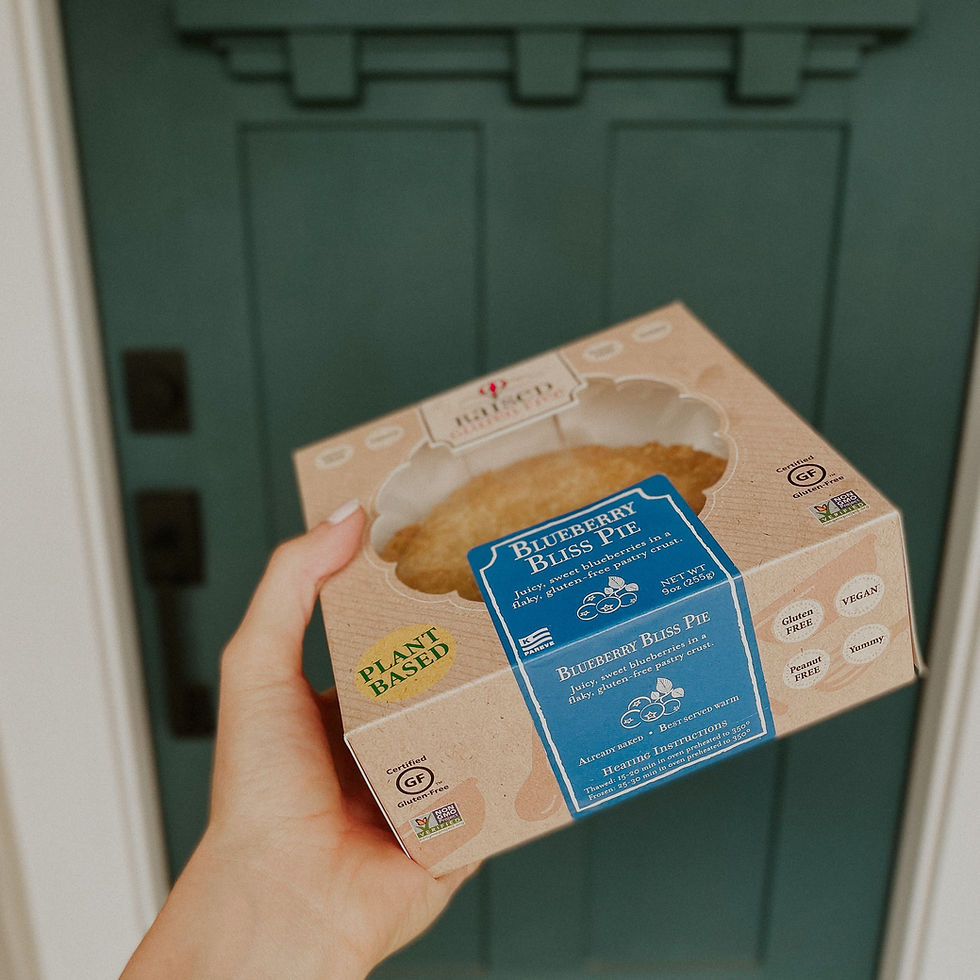Building Your Gluten-Free Community
- naturaldecadence
- Aug 17, 2021
- 2 min read

Restrictive food diets due to disease, allergies, or choice can be incredibly isolating. Socializing and food go hand-in-hand, but unfortunately, the desire to connect over a meal can often conflict with the need to guard your health. It is essential to cultivate a support network to combat the challenges of a specialty diet. The key is to find the best care providers and educate your social circle about your unique situation. Below are some tips on how to build a supportive gluten-free community.
1. Find a doctor you trust.
Food Allergies and autoimmune diseases can be hard to understand and manage. Finding an attentive doctor you trust is invaluable, especially for newly diagnosed individuals. In some cases, vitamin and mineral deficiencies, bone density issues, etc., can pile up on top of your unique medical condition and require tracking. An informative and knowledgeable care provider can set you on the right course for prosperity.
2. Find other gluten-free people
For example, Gluten Intolerance Group (GIG ) is a gluten-free organization that connects those with Celiac disease/gluten intolerance. Meetings allow you to meet others in your community dealing with a similar situation. GIG meetings involve games, education, and discussion.

There are now so many great online communities around various specialty diets—Facebook groups from around the world offer a chance to connect, find recipes, and shared experiences related to different medical conditions and restrictive diets. Topics discussed in social media communities can give you inspiration, support, guidance, and more! Take advantage of learning from those around you and those who are in the same boat.
3. Talk to family and friends
Inform your family and friends of the basics of your medical condition, and get them on the same page about your dietary requirements. Communicating your need to avoid certain foods out of health concerns and providing information about your condition will help your loved ones understand the importance of your dietary constraints and support your health goals.
4. Consider a nutritionist
A nutritionist is a great way to address your body’s nutritional needs, especially if food seems very overwhelming. Getting help in the areas you lack confidence will allow you to have a better attitude when facing challenges. Often, a Celiac disease diagnosis means a whole new lifestyle—suddenly, your favorite foods are off-limits, which means you need new tools to tackle daily life. A nutritionist can be beneficial both mentally and physically!





















Commentaires